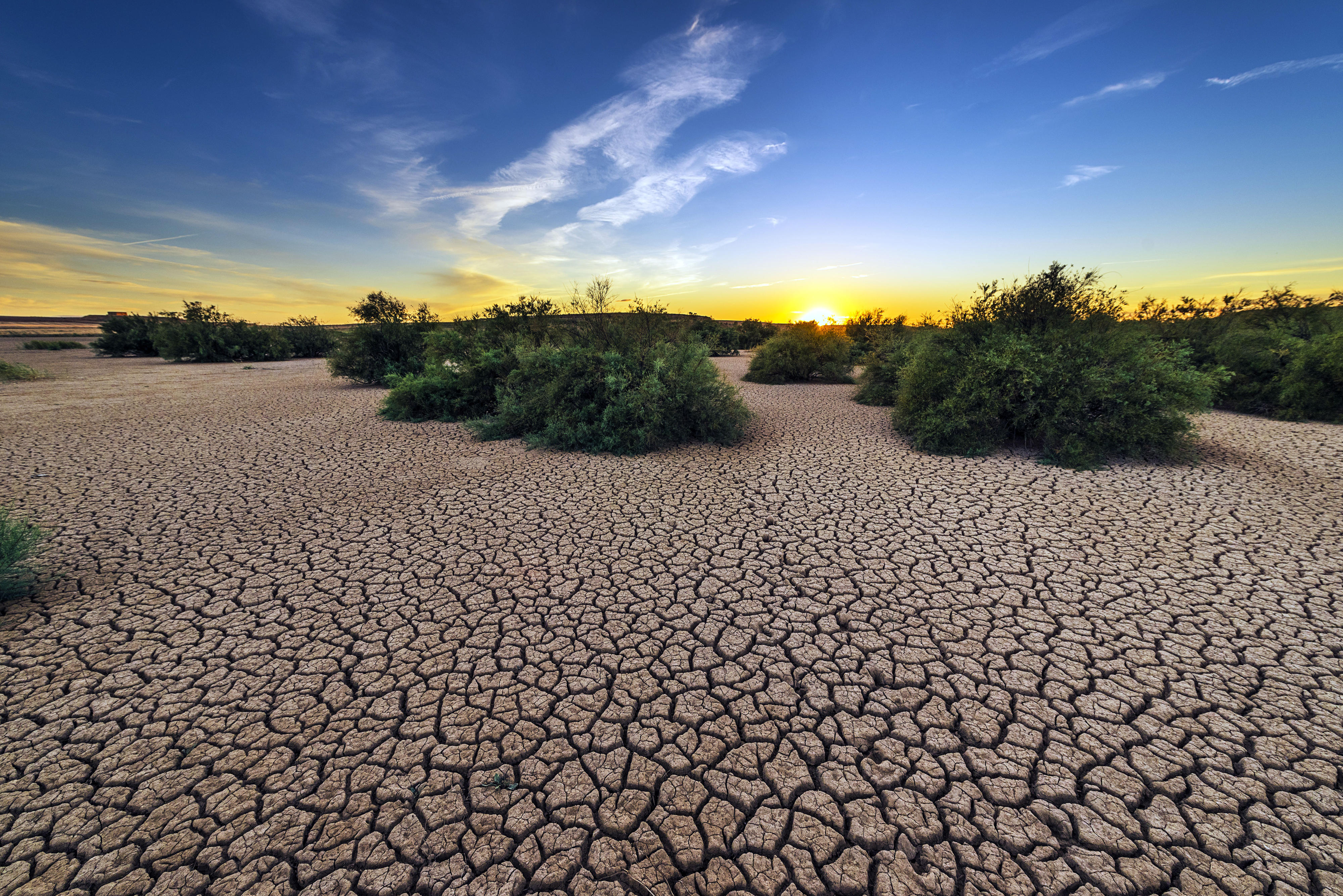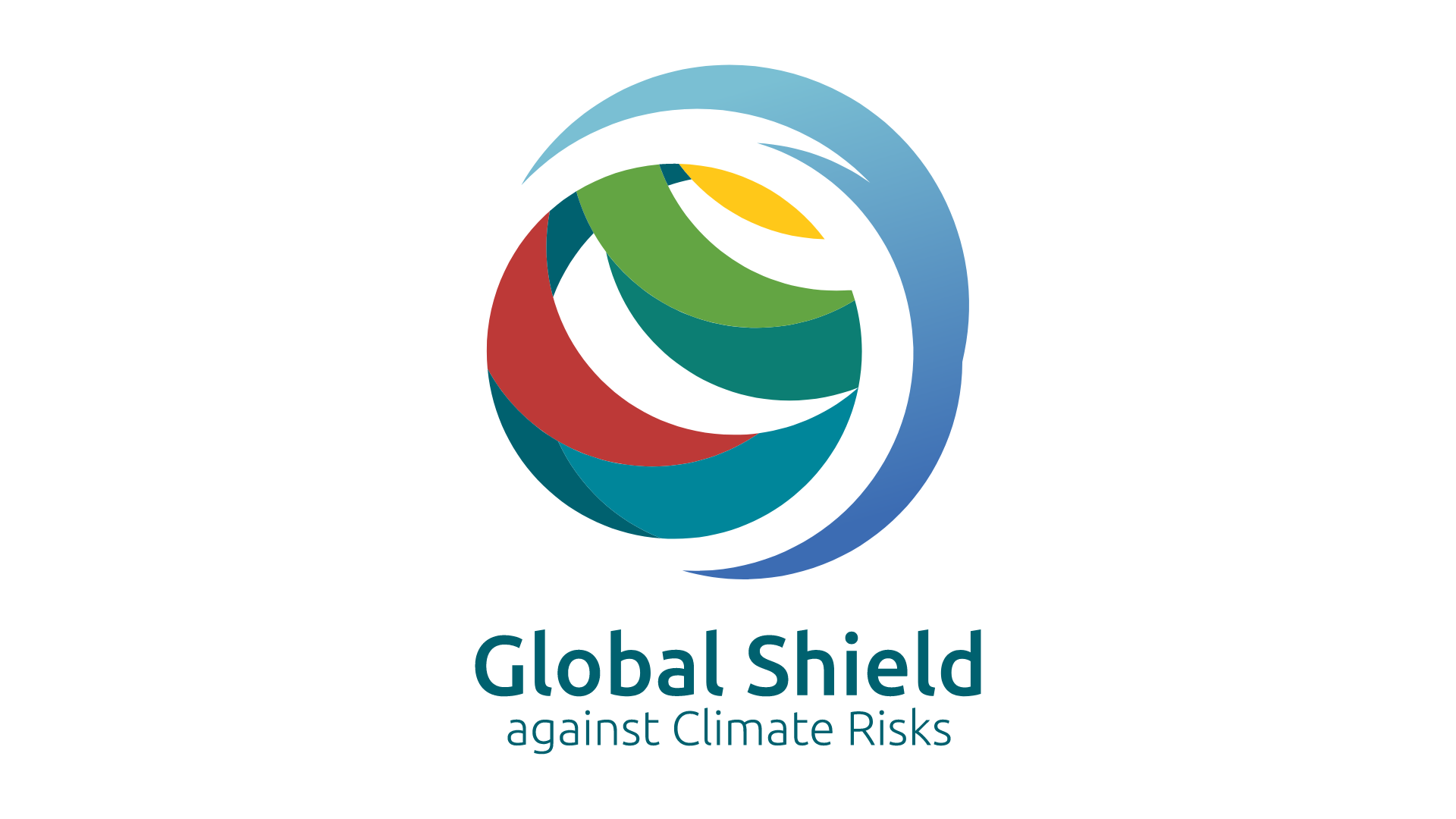Climate change and development Germany increases climate finance for developing and emerging economies – 2021 commitments totalled 5.34 billion euros
And for the first time, it managed to invest about half of that amount in adaptation to climate change, which is an important priority for many developing countries. 2021 thus saw a continuation of the rising trend of previous years. Counting the market resources mobilised through public funding and the private climate finance mobilised via KfW and DEG, total German climate finance comes to 8.1 billion euros. Prior to the 2015 climate conference in Paris, Germany had made a commitment to bring its public climate finance to four billion euros a year by 2020, a target which it significantly exceeded in the end. At this year’s Elmau G7 Summit, Federal Chancellor Olaf Scholz announced that Germany would increase this amount to a minimum of six billion euros per year by 2025.
State Secretary Jochen Flasbarth said, “Most developing countries' contribution to climate change has been negligible, but many of them are severely affected by its consequences. That is why the industrialised countries in particular have a responsibility to assist them in climate change mitigation and adaptation. Worldwide, Germany is one of the largest providers of international climate finance. The new figures show that Germany is increasing its efforts against the climate crisis in all parts of the world. We will have to stay the course so as to make sure that Germany can deliver on its promise to bring international climate finance from public resources to a minimum of six billion euros per year by 2025. This will require significant additional efforts in the 2024 and 2025 budget years.”
88 per cent of Germany's public climate finance comes from the BMZ's budget. That is a nearly seven per cent increase over the previous year's levels. The bulk of Germany's climate finance – about 80 per cent – has been provided via direct bilateral cooperation with developing and emerging economies. The BMZ holds regular government negotiations with its partner countries to reach agreement on bilateral projects. This partnership-based, decentralised approach means that the projects which are implemented are in line with partner countries' interests and development plans. Due to this way of proceeding, the BMZ is unable to provide exact projections of its climate finance. Part of Germany's climate finance is channelled through multilateral funds such as the Green Climate Fund, the Adaptation Fund and the Global Environment Facility (GEF).
One important concern of many developing countries and of the High Ambition Coalition, of which countries such as the Marshall Islands and Germany, too, are members, is to ensure that funding for adaptation to climate change will be increased, as many developing countries are particularly vulnerable to the impacts of climate change. Germany wants to spend its climate finance in a balanced way – half for climate change mitigation, half for adaptation. In 2021, this goal was achieved for the first time, with 49 per cent of budget funding going towards support for adaptation. Germany also provides funding to address losses and damages caused by climate change in developing countries that are particularly affected. Further increases in this funding are to be achieved via the Global Shield against Climate Risks.
Examples of BMZ contributions
Bilateral cooperation example. In Tanzania, the BMZ is providing, among other things, 20 million euros in support of a programme to make water supply systems in emerging regions of the country more resilient to climate change.
Global Environment Facility (GEF). The GEF is the world's largest funder of biodiversity protection, nature restoration, pollution reduction, and climate change response in developing countries. Germany has supported the GEF since its establishment. In the current replenishment period (GEF-8), Germany is the largest donor, with a contribution of 700 million euros. Within the German government, the BMZ is the lead ministry for the GEF.
Green Climate Fund (GCF). GCF is the central instrument for multilateral climate finance. Its aim is to catalyse the transition to low-emission, sustainable development. It offers grant, loans, guarantees and equity for programmes that promote low-carbon economic development or substantially contribute to climate change adaptation. Germany is one of the biggest donors to GCF. During the first replenishment round, 2020 to 2023, Germany doubled its contribution, bringing it to 1.5 billion euros. Germany's contribution to GCF comes entirely from the BMZ's budget.
German Climate Technology Initiative (DKTI). The BMZ supports numerous projects under the German Climate Technology Initiative. In 2021, for example, the BMZ committed 12.7 million euros for the second phase of a programme to foster sustainable urban transport in Central America.
Overview of German international climate finance in 2012–2021
German climate finance 2012–2021 (all federal ministries, euros)
Year | Budget funds | Public climate finance mobilised | Private climate finance mobilised | Total |
2012 | 1,664,000,000 | n/a | n/a | 1,664,000,000 |
2013 | 1,950,290,044 | 1,473,000,000 | n/a | 3,423,290,044 |
2014 | 2,344,000,000 | 2,791,000,000 | n/a | 5,135,000,000 |
2015 | 2,683,796,201 | 4,722,357,694 | n/a | 7,406,153,895 |
2016 | 3,361,809,488 | 5,172,271,474 | n/a | 8,534,080,962 |
2017 | 3,649,672,056 | 3,079,931,500 | 486,155,379 | 7,215,758,935 |
2018 | 3,366,204,614 | 3,245,778,651 | 467,637,633 | 7,079,620,898 |
2019 | 4,338,609,124 | 2,473,183,806 | 769,959,933 | 7,581,752,864 |
2020 | 5,091,371,454 | 2,545,556,253 | 192,149,450 | 7,829,077,157 |
2021 | 5,340,285,126 | 2,589,725,424 | 170,109,340 | 8,100,119,889 |
For further figures, visit reportnet.europa.eu (External link)

